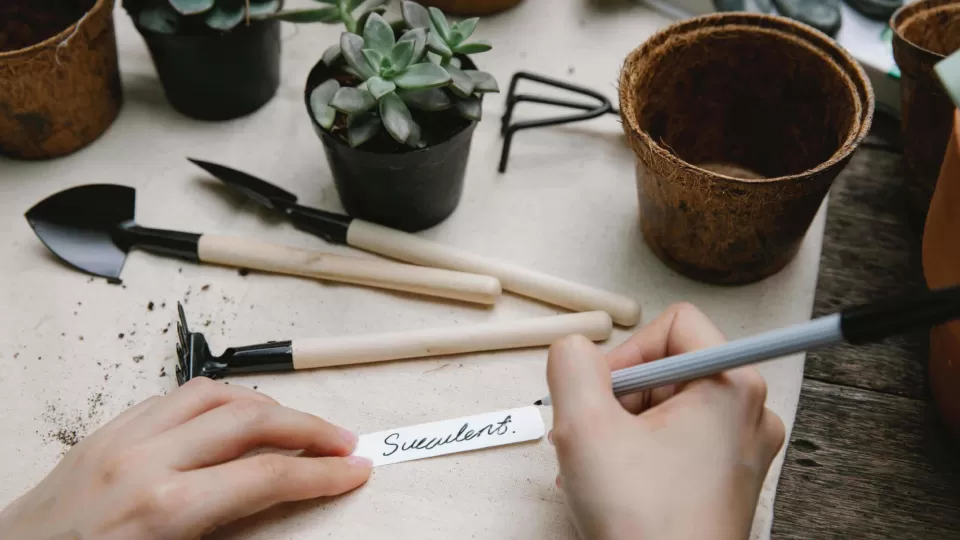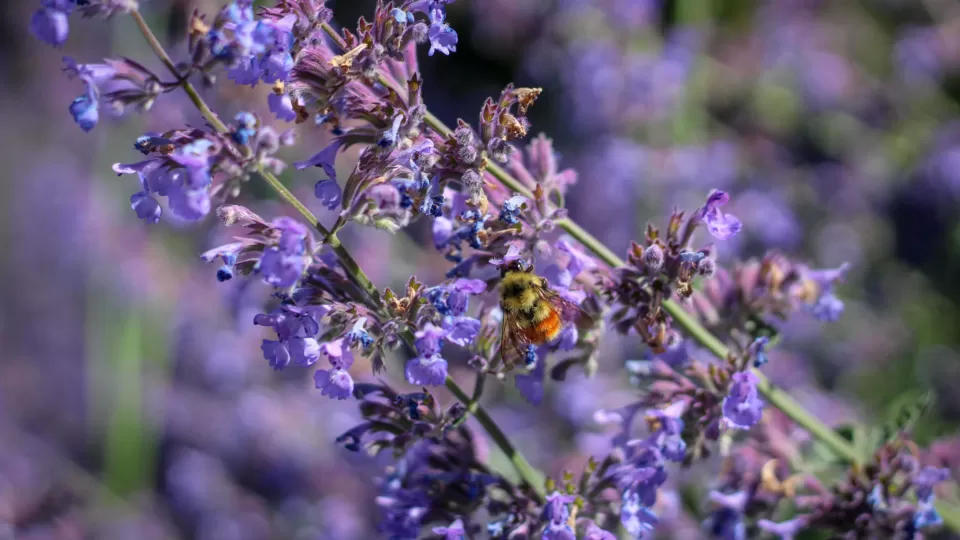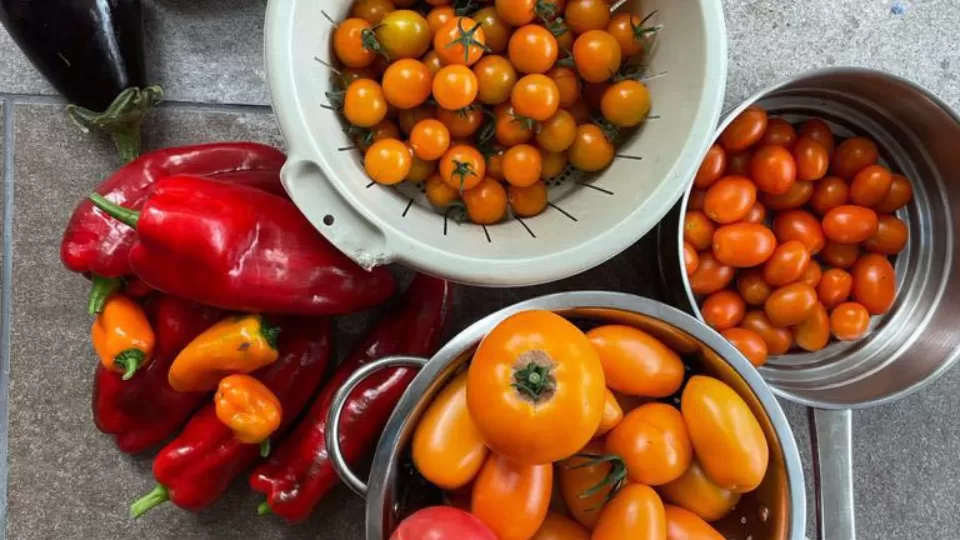The 7 things you can be doing to make your garden more eco-friendly
There are plenty of changes you can implement around the home to help you live a greener lifestyle, but one often overlooked area is the garden! We’ve put together a guide, packed with small and easy changes you can make to help make your garden eco-friendlier and more sustainable.
1. Recycle your water
Reducing water usage in your garden will make a huge difference to your household carbon footprint - and help you to save a surprising amount of money in your monthly water bill too. Recycling rainwater by collecting and storing it in water butts is a simple way to minimise water usage - plus, you get bonus points for connecting an Irrigatia kit too!
2. Start composting
By making your own compost, you’re not only saving money on garden fertilisers but also reusing your kitchen scraps and garden waste for the better – plus no more car trips to the tip! If you don’t have space for a composter and buy it in make sure to avoid peat compost as it holds large amounts of carbon which quickly turns into carbon dioxide once composted in your garden.
3. Buy bamboo
We don’t need to tell you, but plastic pollution is extremely harmful to the planet and plant pots and gardening tools contribute to huge amounts of waste per year. So, why not switch to bamboo alternatives? You can now buy everything from bamboo gloves to plant tags and essential tools - they’re just as good as the man-made alternatives, but are completely biodegradable once you’re finished with them.
There are also some great alternatives to plastic plant pots readily available around the home too. Old egg cartons or toilet rolls tubes are great alternatives when it comes to growing your plants, and they’ll break down in the soil once planted out as the plant flourishes!

4. Choose your plants wisely
You can help promote a more sustainable garden through making smart choices when it comes to your plants. Drought-resistant plants such as Russian Sage, Lavender or Geraniums can help reduce your water usage massively. It’s also important to encourage wildlife to your garden to maintain a healthy eco-system, so choose bee and butterfly-friendly plants – and also encourage birds to your garden by keeping feeders and water baths topped up.
5. Avoid harmful chemicals
An extra way to reduce environmental pollution from your garden is to use nature-friendly and chemical-free gardening products – there are great alternatives out there for everything from pest control to weed killer. If you also regularly clean your outdoor furniture, patios, decking or even your car, make sure to use cleaning products low in phosphorous to help lessen your impact on water quality and avoid buildup of harmful algae.

6. Grow your own
Growing your own can bring a lot of benefits; easily accessible good, reducing your food airmiles and carbon footprint, and even bringing you an amazing sense of achievement. Home-grown fruit and veg doesn’t require packaging or transport to and from the supermarket, plus you can choose to grow organically and avoid the chemicals often used in commercial growing processes too.

7. Build sustainably
Finally, if you love a garden project, it’s important to understand where your materials come from! If you’ve got a new fencing, decking or fencing project in the pipeline then why not pay a visit to a reclamation yard – re-using old flagstones for paths or railway sleepers for decking are a great way to recycle old products. But, if you must buy new wood for your latest project, make sure it’s FSC certified for peace of mind.
We’ll be bringing you sustainable gardening tips and tricks, growing updates and much more over on our social channels - so why not give us a follow?
